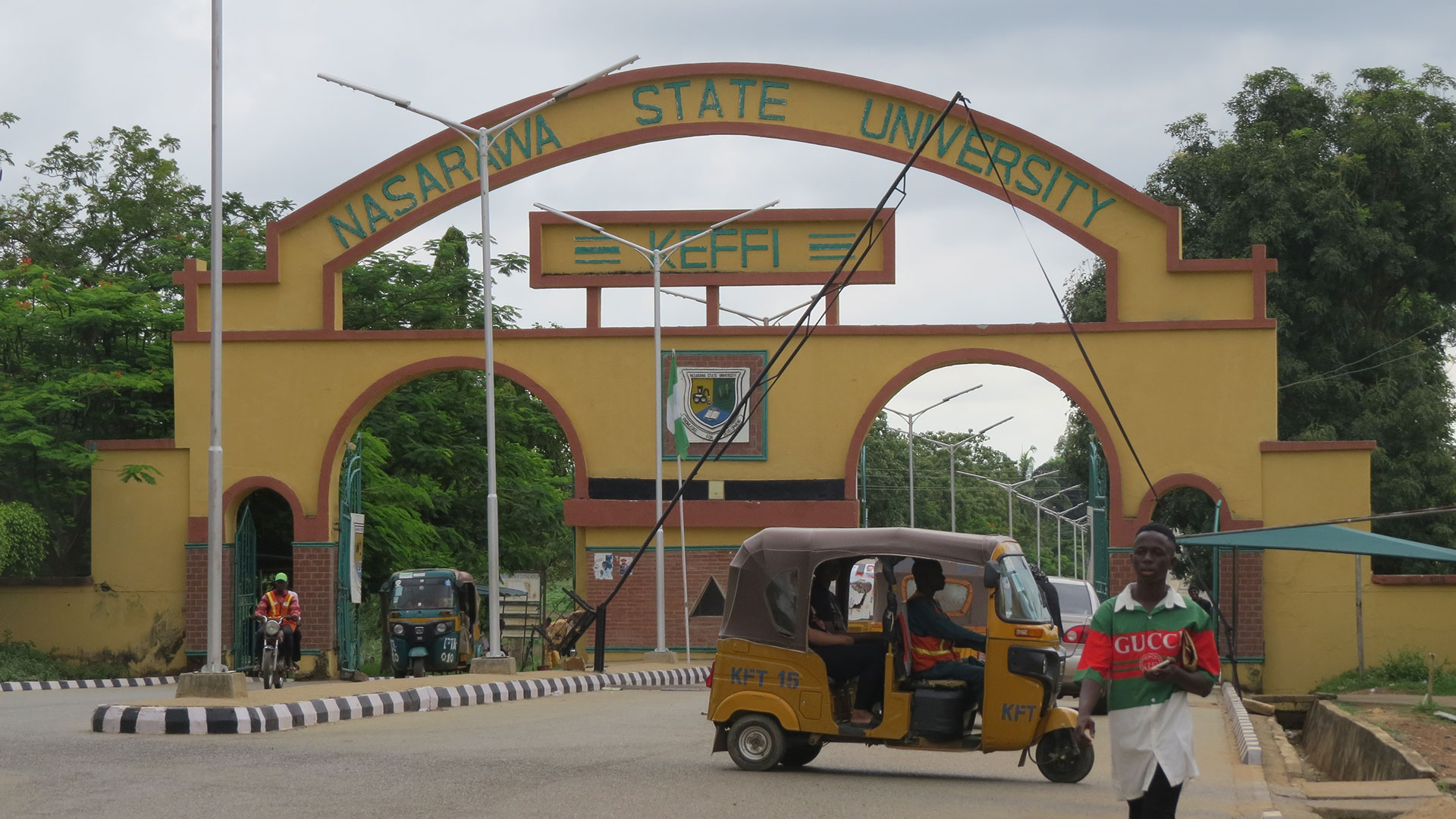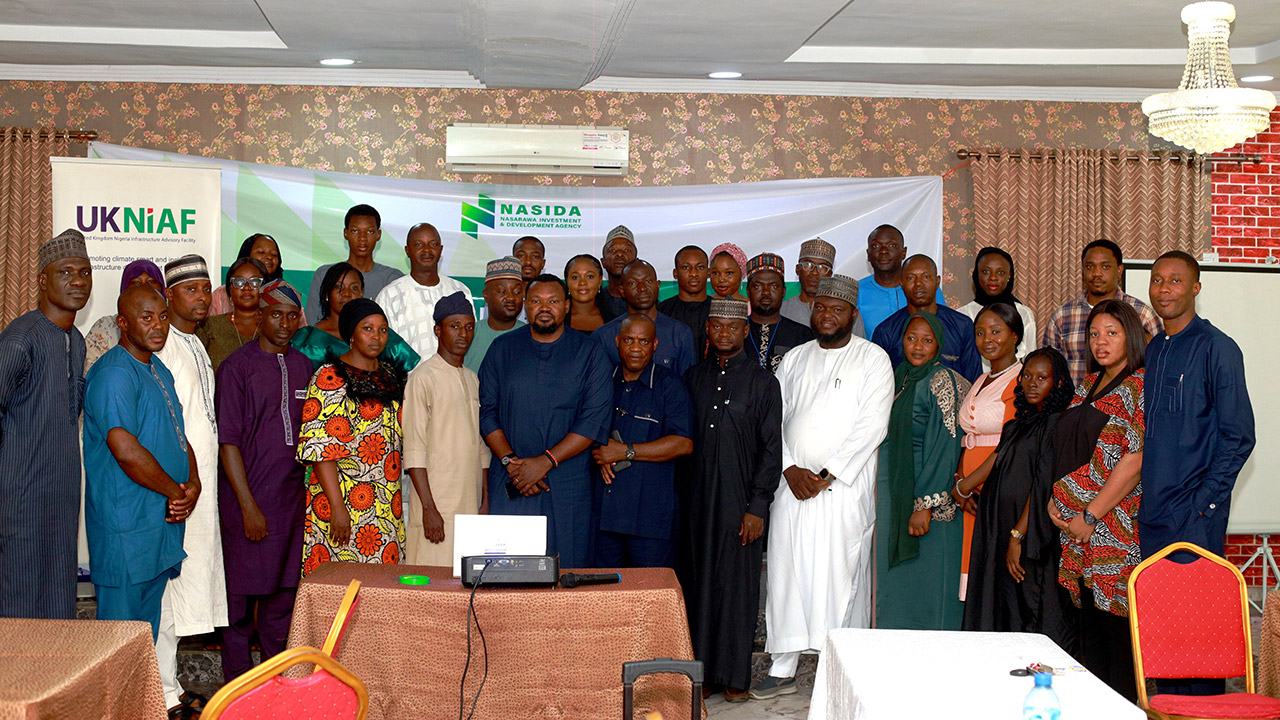
Nasarawa State has emerged as a compelling example of how embedded technical assistance, delivered through a respectful and adaptive partnership, can catalyse institutional reform and unlock private sector investment.
In recent years, the State has transitioned from a nascent infrastructure delivery environment to one capable of independently managing complex, climate-smart public-private partnerships (PPPs). This transformation has been driven by a deliberate focus on building systems, strengthening capacity, and embedding global best practices into local processes – an approach championed by the UK Nigeria Infrastructure Advisory Facility (UKNIAF), managed by Tetra Tech for the UK government.
At the heart of this journey lies the Nasarawa State University Keffi (NSUK) student accommodation project, a 4,000-bed PPP initiative that has now reached commercial close. This transaction is not only the first competitively procured PPP in the State’s history, but also a powerful demonstration of how learning through doing can yield tangible results. The project is expected to significantly improve student welfare, reduce overcrowding, and stimulate local economic activity in Keffi, while also serving as a replicable model for other States seeking to deliver infrastructure through private capital.
Nasarawa’s journey is a story of progress – of how a State government, working in partnership with UKNIAF, built the systems, skills, and confidence needed to deliver transformational infrastructure.
The NSUK project began as a sole-source initiative, with a single bidder identified for the development. However, through sustained engagement and technical support from UKNIAF, the Nasarawa State Investment and Development Agency (NASIDA) was encouraged to adopt a competitive procurement process. This shift was transformative. It introduced transparency, enhanced investor confidence, and ultimately delivered greater value for money to the State.
The competitive process culminated in the selection of a preferred bidder, with the concession agreement now ready for signing. The transaction has attracted interest from development finance institutions and private investors, positioning Nasarawa as a credible subnational actor in Nigeria’s infrastructure space. The project is expected to mobilise over ₦18 billion in private capital and will be delivered through a design-build-finance-operate-maintain (DBFOM) model, ensuring long-term sustainability and service quality.
One of the most significant hurdles in the NSUK transaction was the issue of financial viability. Early financial modelling revealed a substantial viability gap: to meet the required risk-adjusted return for private investors, annual revenue per bedspace would need to exceed what students could afford. The present value of the required Viability Gap Funding (VGF) was estimated at >30% of the project’s capital cost.
Rather than abandon the project or rely on scarce public subsidies, UKNIAF and NASIDA pursued a series of innovative measures to eliminate the need for a VGF while preserving affordability and bankability:
- Financing terms: A reduction in interest rates was negotiated with financiers, improving the project’s financial profile.
- Refinancing strategy: A refinancing pathway was built into the project to lower the cost of capital post-construction.
- Value engineering: Room layouts were optimised to increase rental cost per square meter.
- Flexible rental model: A portion of bedspaces was structured for short-stay use, targeting postgraduate and part-time students during peak academic periods.
- University contributions: NSUK committed to providing enabling infrastructure, land, and waived permit fees, significantly reducing upfront costs.
- Occupancy guarantees: The university agreed to guarantee a minimum level of occupancy, improving cashflow predictability.
These measures collectively closed the viability gap without requiring direct public subsidy, demonstrating how creative structuring and strong public-private collaboration can overcome affordability constraints in social infrastructure projects.
The success of the NSUK transaction is rooted in the broader institutional reforms that have taken place within NASIDA and across the State. Rather than delivering standalone advice, UKNIAF embedded its technical assistance within NASIDA, working side-by-side with staff to co-develop tools, frameworks, and processes that now underpin the State’s infrastructure planning and delivery.
This included the development of a PPP Manual and a Fiscal Commitment and Contingent Liability Framework – both of which are now institutionalised within NASIDA. Staff were supported to prepare project concept notes, conduct climate and PGESI screenings, and engage with investors. These efforts have created a community of practice within the agency, enabling it to manage future transactions with minimal external support.
The NSUK project served as a live training ground for NASIDA staff, who were involved in every stage of the project lifecycle – from project identification and concept note development to transaction structuring and negotiation. This hands-on approach has significantly enhanced the agency’s capacity to deliver infrastructure through PPPs and has fostered a culture of evidence-based decision-making.

Members of the Nasarawa State Investment and Development Agency attending the workshop for the Fiscal Commitment and Contingent Liability Framework.
Nasarawa State, despite being one of Nigeria’s smallest by GDP and population, has developed a robust infrastructure pipeline valued at over ₦212 billion (approximately £110 million). This achievement reflects the strategic evolution of NASIDA, which has benefited from sustained technical support—particularly in project preparation—from UKNIAF.
The pipeline spans critical sectors including:
- Urban development: Housing estates, technology hubs, and retail centres aimed at reshaping urban living and stimulating commerce.
- Agriculture and water: Industrial parks and processing facilities designed to unlock agribusiness potential and rural employment.
- Energy: A meter manufacturing plant to support Nigeria’s energy transition and grid efficiency.
- Environment: A modern waste management facility to improve sanitation and public health.
Many of these projects have been screened using UKNIAF’s climate and poverty, gender, and social inclusion (PGESI) tools and structured to attract private capital. The diversity and scale of the pipeline underscore NASIDA’s transformation into a credible infrastructure delivery agency – one capable of originating and managing complex, multi-sectoral projects in a context where such ambition is rare.
The NSUK transaction has served as a proof point for Nasarawa’s readiness to engage with the private sector. The State has since qualified for the World Bank’s State Action on Business Enabling Reforms (SABER) programme, with NASIDA now showcased as a model for PPP pipeline preparation. The African Climate Foundation awarded $160,000 to support the development of a Climate Policy and Action Plan, further validating the State’s institutional maturity.
Nasarawa’s experience offers valuable lessons for other States and development partners. It shows that with the right support, even relatively small States can build the institutional capacity needed to deliver complex infrastructure projects. It also highlights the importance of embedding technical assistance within local systems, aligning with existing processes, and building trust.
The tools, frameworks, and processes developed in Nasarawa through UKNIAF are now being disseminated to other States via the Nigeria Governors’ Forum. NASIDA has emerged as a technical hub, supporting other Ministries, Departments, and Agencies to apply the 5-case model and the 360° Tool. Officials have become more confident in evaluating unsolicited proposals, distinguishing viable PPPs from non-viable ones, and demanding higher standards from consultants and transaction advisers.
The NSUK student accommodation project is expected to deliver significant development impact. By providing safe, affordable, and climate-resilient housing for 4,000 students, the project will improve educational outcomes, reduce pressure on existing infrastructure, and enhance the learning environment. The project will also create jobs during construction and operation, stimulate local businesses, and contribute to the State’s economic diversification agenda.
Importantly, the project has demonstrated that subnational governments in Nigeria can deliver bankable, climate-smart infrastructure projects through transparent, competitive processes. This has important implications for the broader infrastructure ecosystem in Nigeria, where many States continue to rely on ad hoc or politically driven approaches to project delivery.
Nasarawa’s journey is a story of progress – of how a State government, working in partnership with UKNIAF, built the systems, skills, and confidence needed to deliver transformational infrastructure. The NSUK transaction is a landmark achievement, but it is also just the beginning. With the foundations now in place, Nasarawa is well positioned to scale its infrastructure ambitions, attract further investment, and deliver lasting development impact for its citizens.
Learn more about UKNIAF’s progress and achievements.

Nicholas Coleman
Nicholas Coleman is the Project Director of UKNIAF for Tetra Tech and a Principal in the Economic Growth and Infrastructure practice of Tetra Tech International Development Europe.